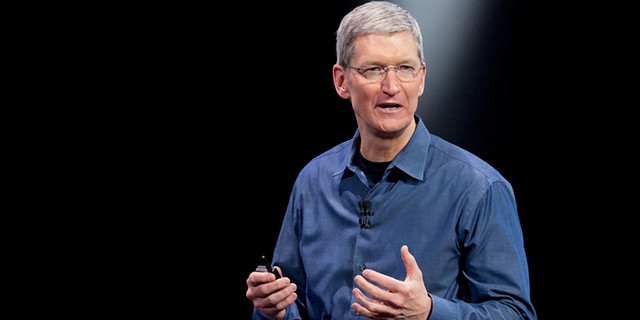
Meta’s CEO, Mark Zuckerberg, has been making strides to mend ties with former President Donald Trump since his election in November. Meanwhile, Apple finds itself in the crosshairs of a conservative group, the National Center for Public Policy Research (NCPPR), which demands the abolition of Apple’s Diversity, Equity, and Inclusion (DEI) policies. This proposal will come to a head at Apple’s annual general meeting on 25 February, where shareholders are set to vote on the matter.
Apple’s Response to NCPPR’s Proposal
In response, Apple’s board has urged investors to reject the NCPPR’s proposal. The company asserts that the proposal is redundant, emphasizing its “well-established compliance program.” This filing to investors underscores Apple’s commitment to maintaining its DEI initiatives, despite mounting pressure from conservative groups threatening legal action against firms with such programs. These groups cite the Supreme Court’s affirmative action ruling in 2023 as a catalyst for these rollbacks.
The pushback against DEI policies is gaining traction among major U.S. corporations. Meta has recently scaled back its DEI initiatives, joining other industry giants like Amazon, Walmart, and McDonald’s. This trend seems to be further fueled by anticipated political changes, with some companies recalibrating their strategies ahead of Trump’s potential return to the White House.
Apple counters the NCPPR’s proposal by stating that it “inappropriately seeks to micromanage the Company’s programs and policies by suggesting a specific means of legal compliance.” The tech giant maintains that its existing framework sufficiently addresses legal requirements without the need for external micromanagement.
In recent developments, Apple has strategically aligned itself by hiring a Republican as its public affairs chief and contributing $1 million to Trump’s inauguration fund. Meta has also made significant changes by eliminating fact-checkers on its social media platforms, aligning with broader conservative shifts.
The NCPPR’s proposal is directly tied to the Supreme Court’s recent affirmative action ruling, which has become a touchstone for conservative groups advocating for DEI program rollbacks. As these debates continue, the outcome of Apple’s shareholder vote will serve as a critical indicator of how corporate America navigates the intersection of diversity policies and political pressures.
What The Author Thinks
The pressure on Apple and Meta to modify their DEI initiatives underscores a shifting corporate landscape where political influences are increasingly dictating corporate strategies. While both companies are standing firm on their policies, the growing wave of conservative opposition indicates the complexities businesses face when balancing societal values, legal compliance, and political realities. Apple’s stance, in particular, highlights the challenges of maintaining diversity policies amid mounting scrutiny, and the upcoming shareholder vote will likely set a significant precedent for how corporations navigate these pressures in the future.
Featured image credit: iphonedigital via Flickr
Follow us for more breaking news on DMR
